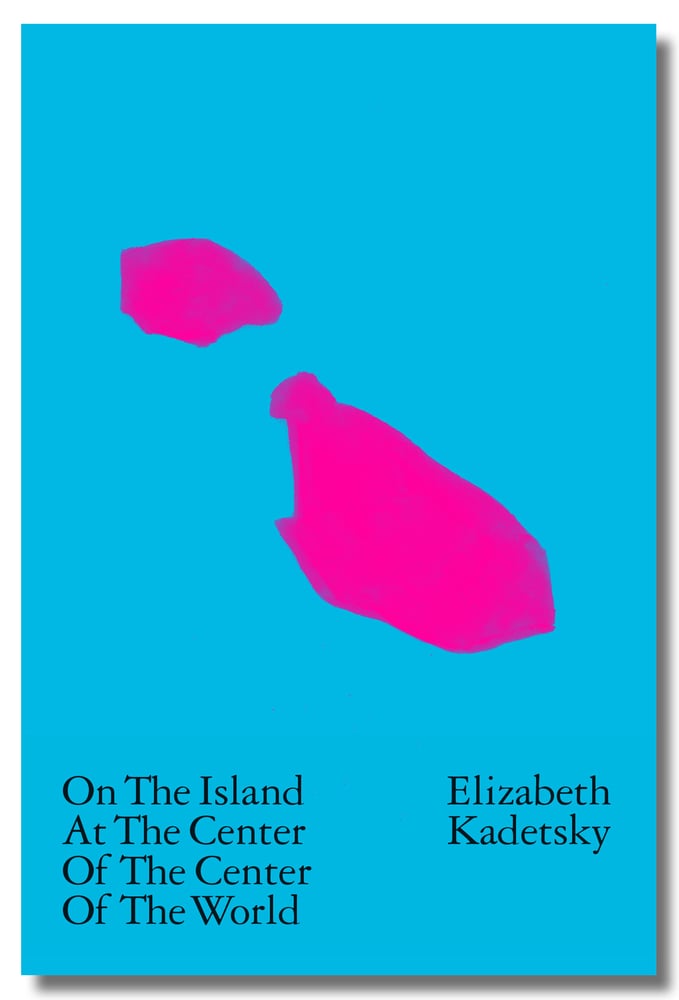In the wake of a chaotic decade in New York, Netti and her eleven-year-old son, Ian, find themselves on the shores of Malta, a picturesque and antiquated Mediterranean island where the last world war still thrums in the nerves of its residents. When they witness an accident on the streets of Valletta, Netti becomes enmeshed in a mystery of old-world family alliances on an island little touched by time and outsiders. Faced with her own transgressions in the shape of reckless relationships and a constant pursuit of the bottom of the wine bottle, Netti desperately seeks to vindicate the crime and better herself as mother to her precocious, adolescent son.
Detailed in sharp yet rich prose and a style reminiscent of Roberto Bolaño and Paul Bowles, On the Island at the Center of the Center of the World navigates a confounding existential crisis and the ultimate futility of the desire to escape oneself.
“On the Island at the Center of the Center of the World is a lyric, sensual meditation on the power of unforeseen events to render us and the world we live in mysterious and forever changed. Elizabeth Kadetsky has packed a novel’s worth of feeling, of magic and atmosphere, into this slim tale. I will never forget Netti or her Malta, an island that is as much a prison as a paradise.”
-Laura van den Berg, author of Find Me
“Elizabeth Kadetsky’s novella On the Island at the Center of the Center of the World combines precise observation, absurd humor, and a strong, ominous undercurrent of anticipation. As we read, we find ourselves drawn into a place, her version of Malta, that is tantalizingly suspended between daily reality and the strange convolutions and repetitions of dreams. A remarkable exploration of the disorientation and perilous delight of encountering a foreign culture.”
-Emily Mitchell, author of The Last Summer of the World
“Like Pynchon’s Southern California, Elizabeth Kadetsky’s Malta is a land of unstable identities and suppressed violence, a blank map onto which her characters’ confusion and paranoia are projected. Kadetsky’s novella brilliantly dramatizes a foreigner’s sense of otherness, and the looming panic of a woman trying to pick up the pieces of her life by escaping the self. It will leave you as dazzled and unsettled as a hot blast of Mediterranean wind.”
-Andrew Foster Altschul, author of Deus Ex Machina



